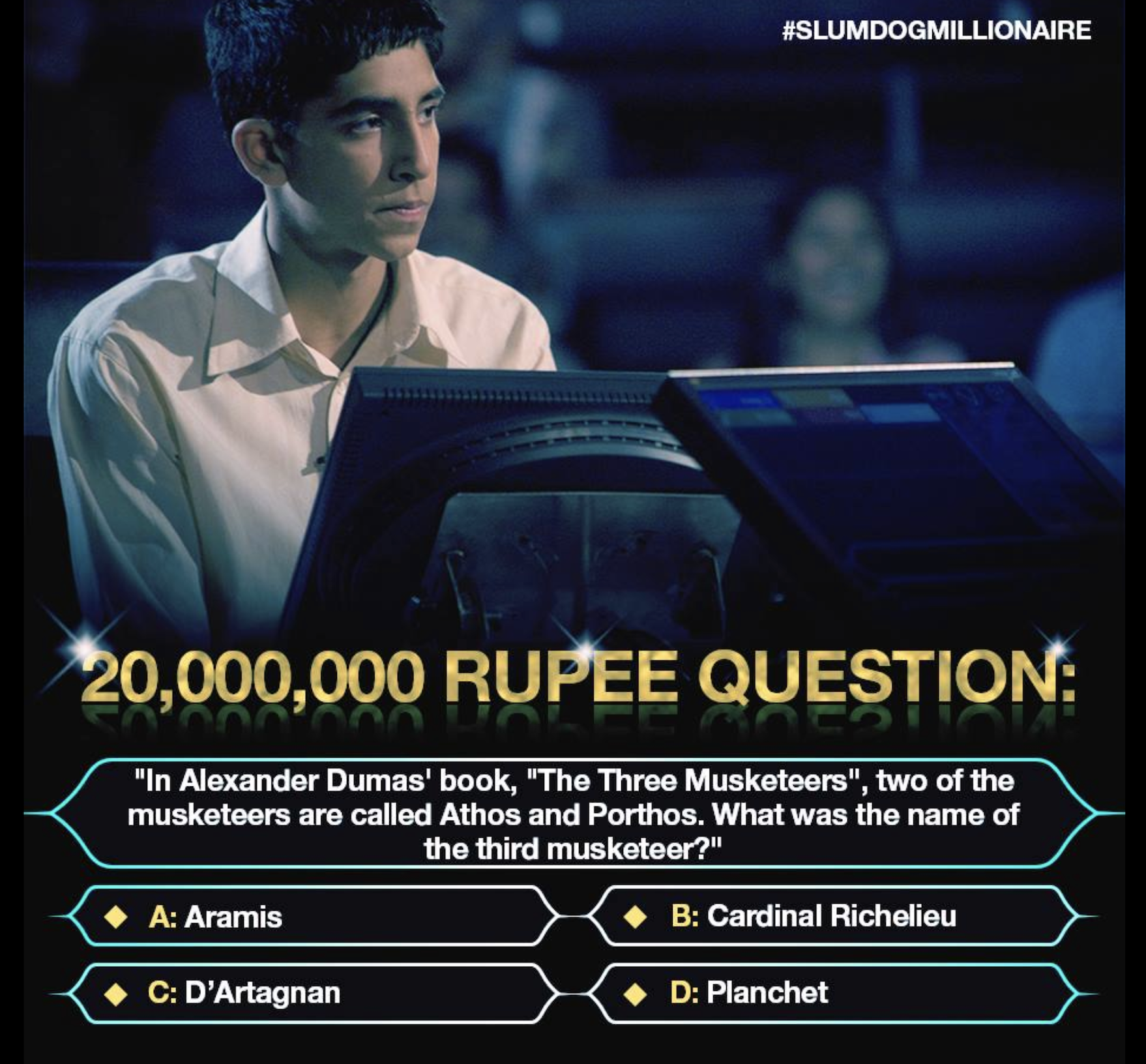Overlooking Differences
3. Exposure to Language and Opportunity for Acquisition
Assessment of a student's academic skills and abilities must directly examine the student's skills and abilities with respect to the actual materials and content used for instruction. Thus, authentic assessment seeks to uncover whether learning difficulties can be ascribed to experiential differences rather than ability differences. Not only does this ensure greater validity of the assessment, but it also provides valuable information necessary to develop specific and effective instructional strategies. In general, evidence of lack of opportunity for learning, ineffective prior instruction, and linguistically inappropriate curricula, are all factors that must be carefully examined when evaluating for a disability.
For Example
According to the manual (1993) for the Nelson-Denny Reading Test, the 80 vocabulary words and their definitions were drawn from:
"current, widely used high school and college texts, including words that must be known by students in order to cope successfully with school assignments." (emphasis added)
Listen as Dr. Ortiz describes how language acquisition occurs using an example from the movie Slum Dog Millionaire. Language acquisition is based on what the learner has gone through or experienced and NOT through experiences they've never had.
Select for transcript of Slum Dog Millionaire language acquisition.
